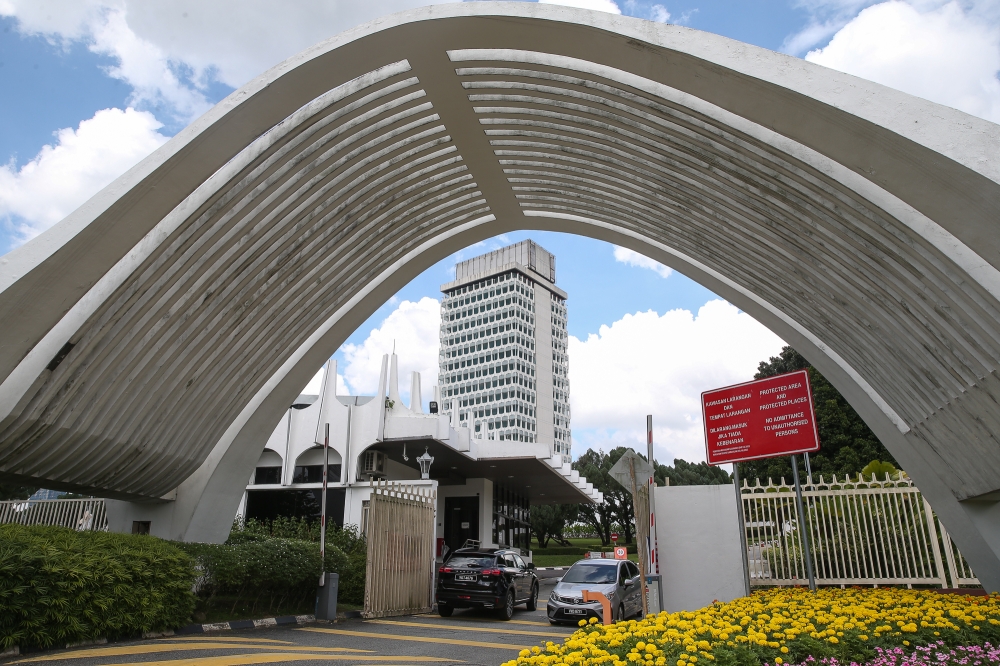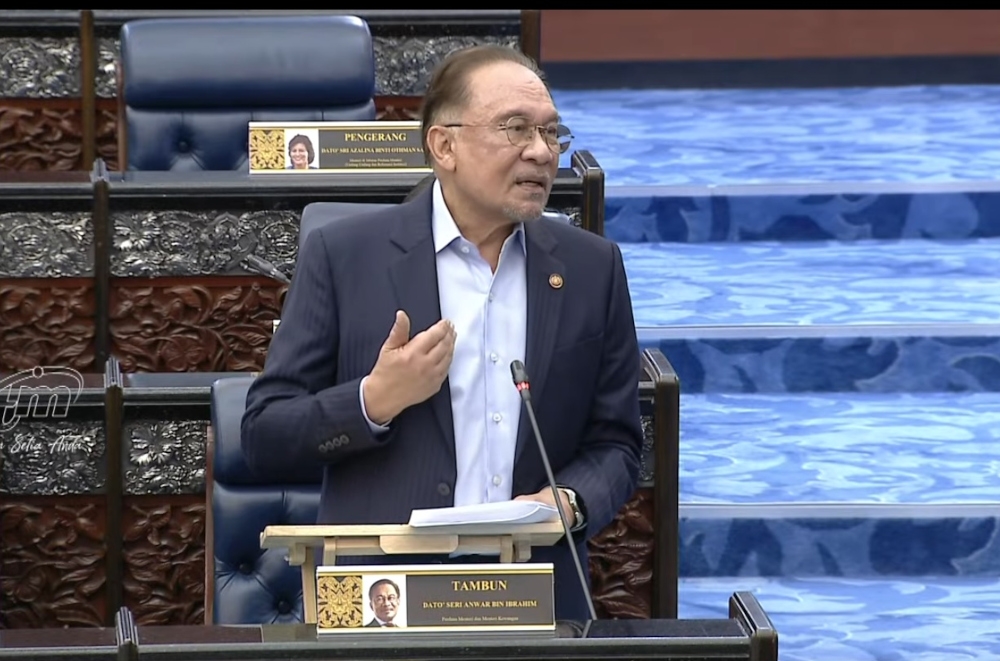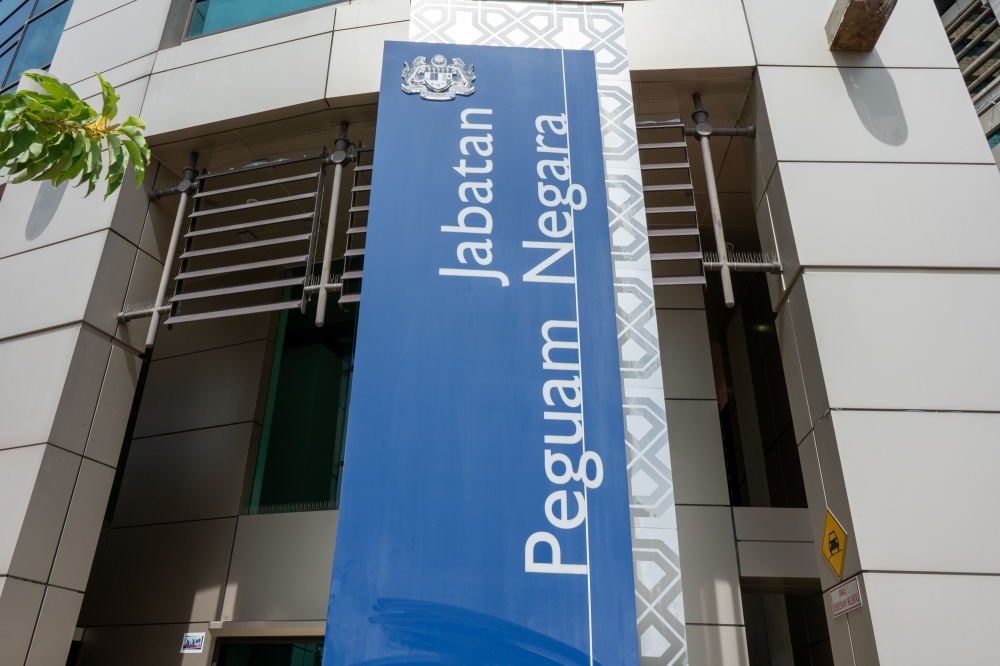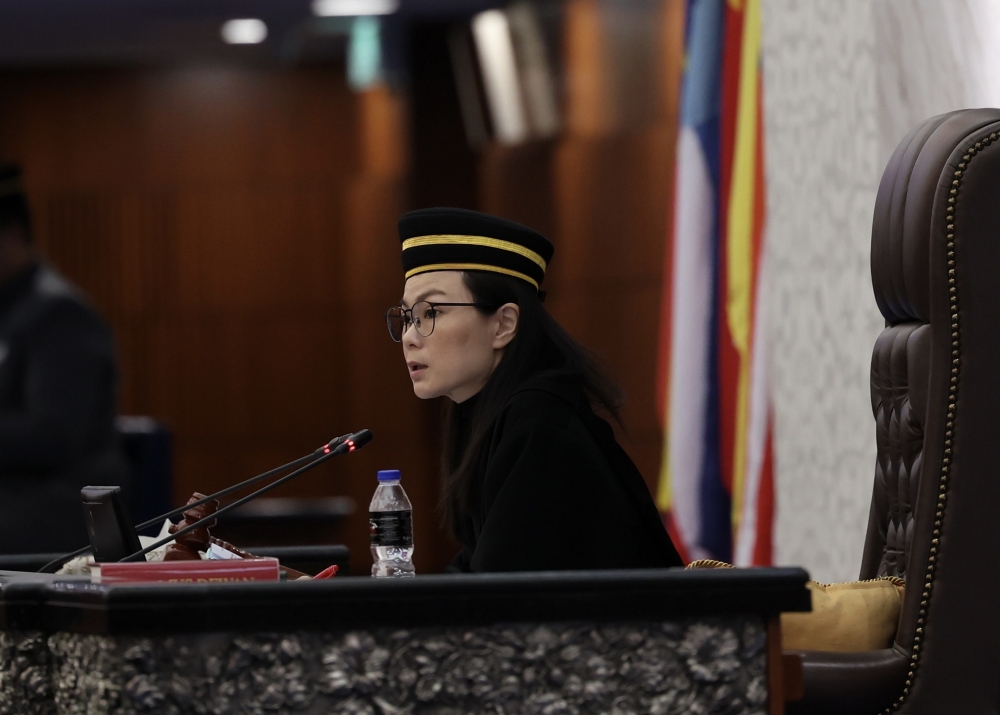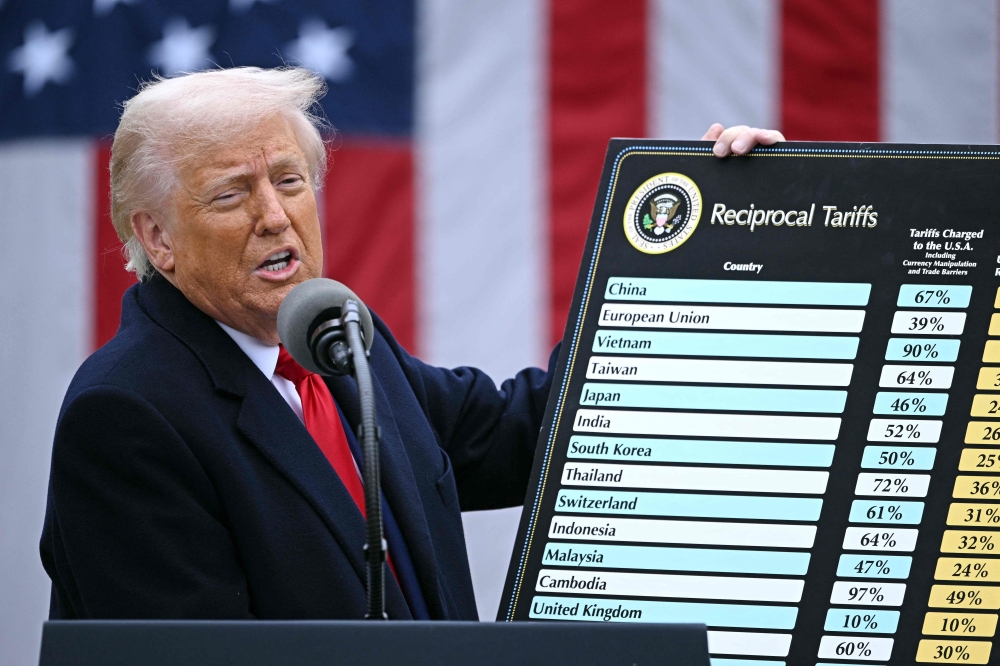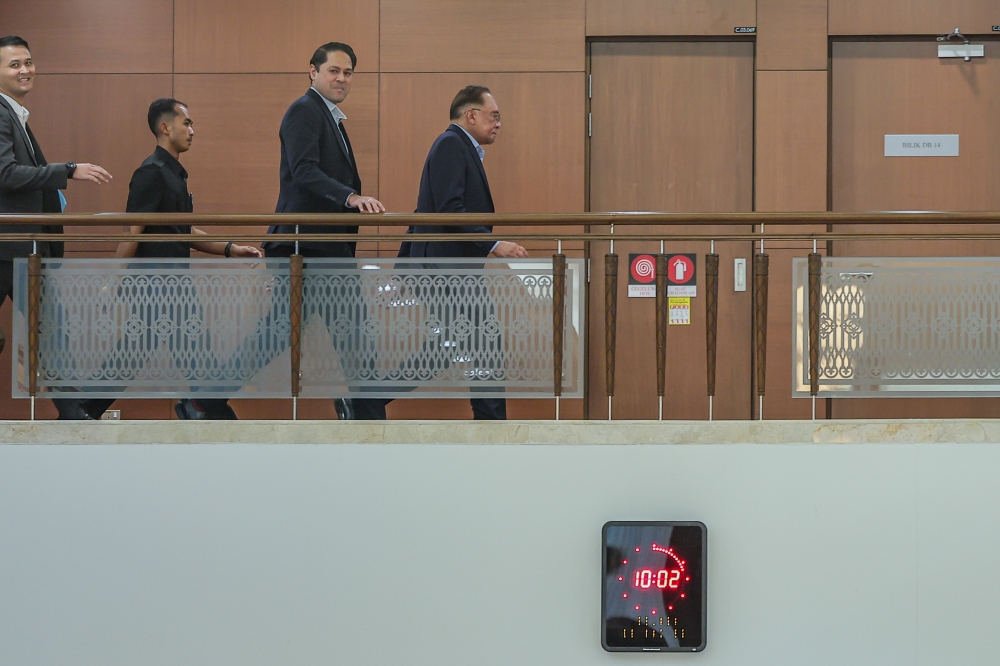KUALA LUMPUR, May 31 — The Malaysian Institute of Integrity (IIM) is committed to helping companies to formulate sufficient procedures to prevent corrupt practices as the Section 17A of the Malaysian Anti-Corruption Commission (MACC) Act 2009 will come into force tomorrow (June 1), imposing steep penalties for corporate corruption.
Its senior general manager (Corporate Services) Hamilye Sham Harun said IIM provides instruments and management systems including training to the board of directors on awareness and prevention, as well as on anti-bribery management systems (ABMS), corruption risk management (CRM) and individual integrity profile (IIP).
“We at IIM always ready to help commercial and corporate organisations to develop and apply appropriate instruments and methods towards a culture of good governance, integrity and anti-corruption,” he said in a statement today.
The corporate liability provision of Section 17A of the MACC Act 2009, passed in Parliament on April 5, 2018, will criminalise commercial organisations if their employees or associates had committed corrupt practices.
Hamilye Sham also said that the role and responsibilities of the integrity governance unit (IGU) placed under the board of directors need to be more aggressive and proactive in developing and formulating anti-bribery procedures for their respective agencies.
He said the IGU would make a report on the effectiveness of the implementation of such procedures and to present the findings to the anti-corruption committee of their respective organisations.
Any company convicted for an offence under Section 17A could be punished under Section 17A (2) of the same law which provides a fine of not less than 10 times of the value of the gratification, or RM1 million, whichever is higher or imprisonment of up to 20 years, or both.
However, he said, the corporate organisations would be given the opportunity to put up a defence if they could prove that they have implemented sufficient procedures (against corrupt practices) in their business operations. — Bernama



